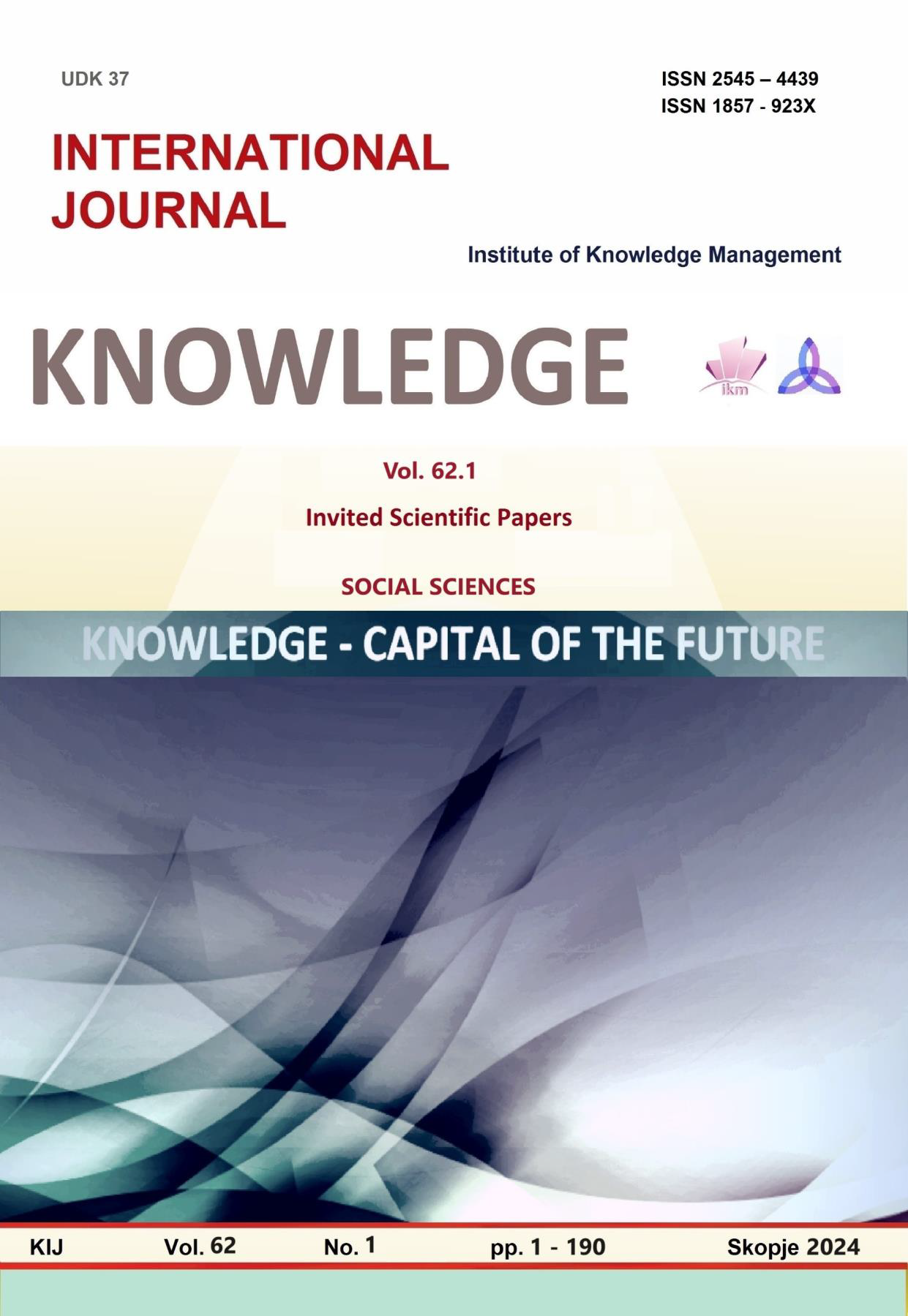ROLI DHE VENDI I KUVENDIT NË SISTEMIN POLITIK TË REPUBLIKËS SË MAQEDONISË SË VERIUT. RAPORTET MES PUSHTETIT LIGJVËNËS DHE PUSHTETIT EKZEKUTIV
THE ROLE AND PLACE OF THE PARLIAMENT IN THE POLITICAL SYSTEM OF THE REPUBLIC OF NORTH MACEDONIA: RELATIONS BETWEEN THE LEGISLATIVE POWER AND THE EXECUTIVE POWER
Author(s): Lindita NeziriSubject(s): Politics, Government/Political systems
Published by: Scientific Institute of Management and Knowledge
Keywords: North Macedonia;Parliament;President;Government;power
Summary/Abstract: The parliamentary system is one of the most widespread forms of democratic governance in the world which has been adopted by many states, one of which is the Republic of North Macedonia (hereafter RNM). The political system of the RNM was created with the Constitution of 1991, according to which the RNM is a democratic, independent, and sovereign state. Sovereignty originates from the citizens and belongs to them.The political system consists of the legislature, the executive, and the judiciary. The separation of powers means their independence, accountability, and mutual control.The RNM functions according to the parliamentary democracy model.Parliament is a representative body of citizens and the bearer of legislative power. Parliament is the place where popular sovereignty originates. Its main task is to approve the constitution and laws which are binding for all citizens of the country. In general terms, it can be said that parliament performs three main functions: that of representation, legislation, and control. The organisation and operation of the work of state institutions is regulated by the constitution and special laws.Executive power is exercised by the President and the Government, however the Government has superiority in exercising the executive function, while the President has more of a ceremonial role and is "under the shadow" of the Government. The Government is elected and controlled by the Parliament, which through a number of tools and mechanisms (vote of no confidence, interpellations, parliamentary investigation) provided by the constitution, and the rules of procedure can shorten its mandate before its expiration. Parliamentary practice is characterised by the functioning of the coalition government.This study provides a general overview of the Parliament, including its composition and powers; however, the focus is on the relationship and interweaving of the legislative power with the executive power.This study analyses the political control exercised by the Parliament over the Government, the indirect influence of the President on legislation, and the procedure for legal responsibility of the President initiated by the Parliament.This study offers recommendations for a more effective and functional governance.For the needs of the work, descriptive, historical, comparative methods have been used, as well as analysis of positive national legislation.
Journal: Knowledge - International Journal
- Issue Year: 62/2024
- Issue No: 1
- Page Range: 159-162
- Page Count: 4
- Language: Albanian, English

